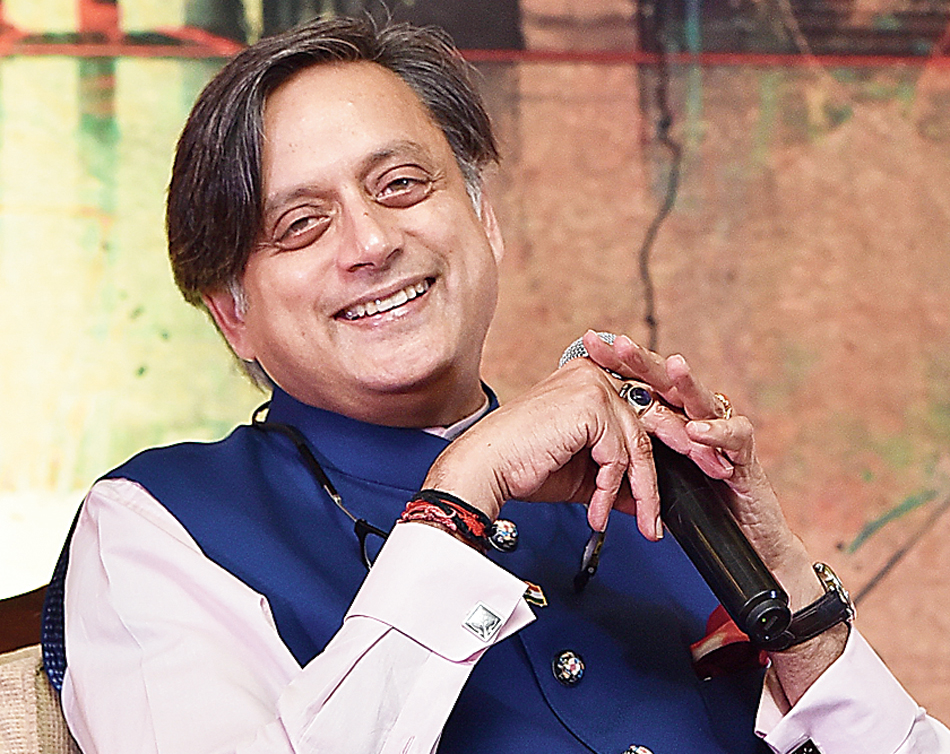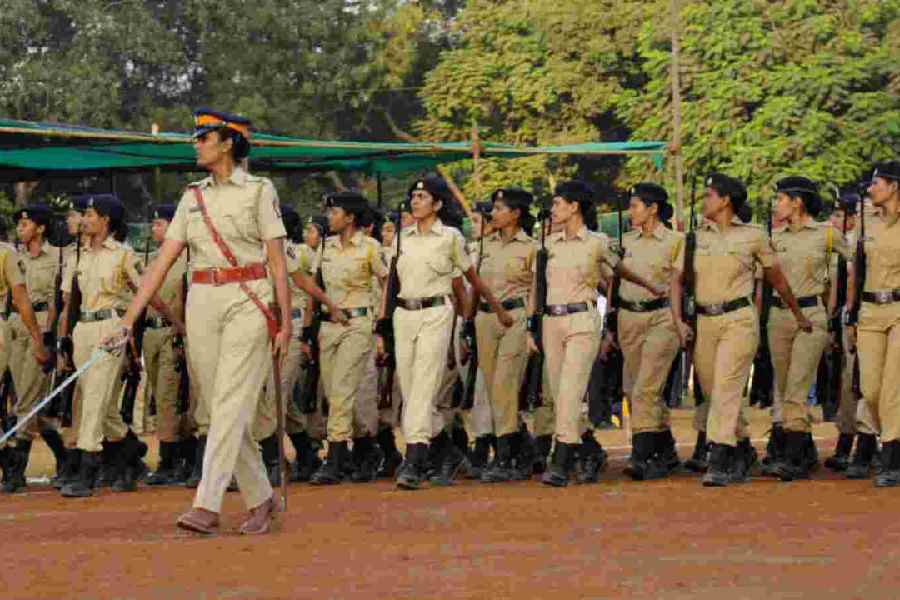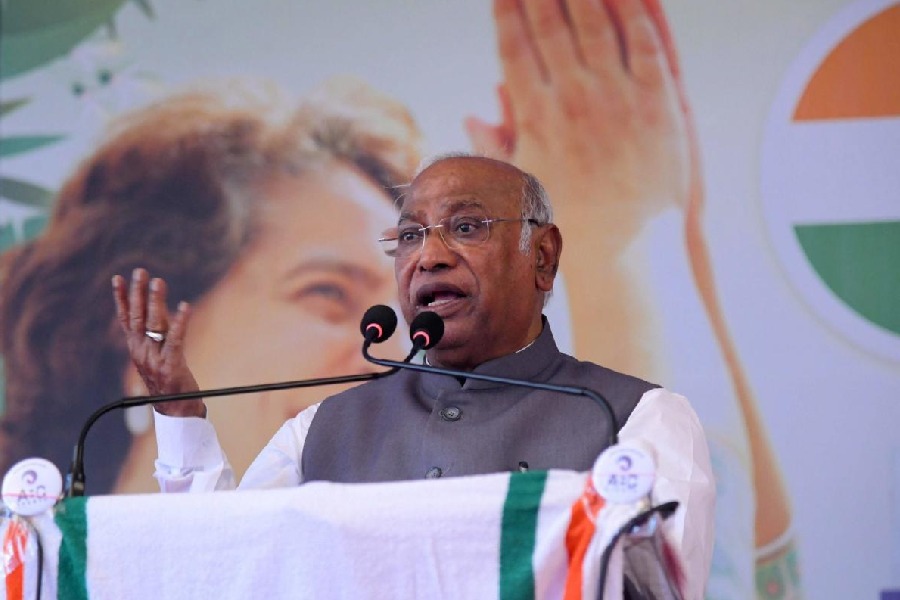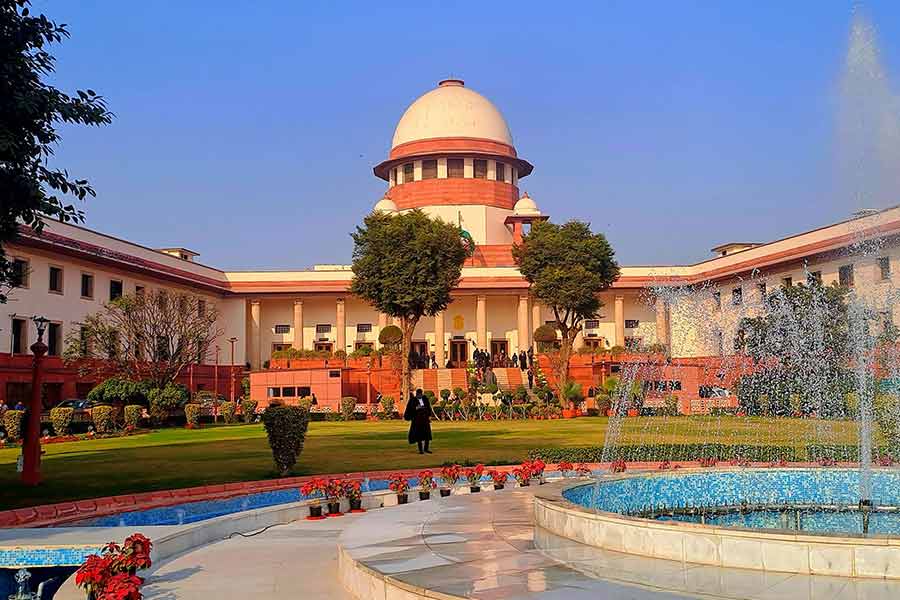The top Congress leadership is livid with some senior leaders for making statements that threatened to derail the anti-Narendra Modi narrative being slowly built over the past few days after a long silence in the Opposition camp.
While former Union minister Jairam Ramesh, who has also been a core committee member, said the party should see the positive aspects of Modi’s governance instead of demonising him, All India Professionals’ Congress chief Shashi Tharoor and Congress spokesperson Abhishek Manu Singhvi fuelled the discourse by publicly supporting the stand.
As the media projected this as a growing trend in the Congress and evidence of differences among leaders over the continuing anti-Modi rhetoric, many party leaders privately expressed anguish over what they described as “political immaturity”.
A senior leader told The Telegraph: “Only yesterday, Sonia Gandhi had offered a substantive critique of Narendra Modi’s politics and governance. The economic crisis has hit the government hard. The brutal manner in which the government dealt with P. Chidambaram and the continuing lockdown in Kashmir were beginning to inject life into the Opposition.
“And then comes this untimely interventions by our wise men — Jairam, Tharoor and Singhvi — to derail the discourse. Only God knows what their purpose was, if not plain stupidity.”
The leadership has decided not to react to the controversy.
Asked about their views, Congress spokesperson Manish Tiwari said: “These great persons can themselves explain their comments. They are in the best position to clarify or amplify or retract or subtract their remarks. Insofar as the Congress is concerned, we believe that there is a serious economic crisis in the country. The economic crisis is impacting the employment situation and we are extremely concerned and worried about it.”
The Congress’s response manifested that the party didn’t want to get bogged down by an unnecessary controversy even as many leaders are seething with rage and have complained to Sonia Gandhi and Rahul Gandhi.
There is no fear in the party of any one of the trio — Ramesh, Singhvi and Tharoor — defecting to the BJP or failing to understand Modi’s politics, but the dominant feeling is that the differences over nuances of strategy should not have been discussed publicly.
Even during the Lok Sabha elections, there had been serious differences over strategies, including the nature of the attack on Modi. Rahul’s blunt chowkidar-chor-hai rhetoric was not appreciated by many leaders while there were reservations about the over-reliance on NYAY — the minimum income guarantee scheme promised by the Congress — too.
Rahul had himself made it known to the world that he sometimes found himself alone in the battle.
The controversy was triggered by Ramesh, who said at a book-release event two days ago: “Let me tell you, it (Modi’s) is not a completely negative story when it comes to economics of governance. The politics of governance is completely different. The social relations that have been created out of his governance model are also completely different….
“The Pradhan Mantri Ujjwala Yojana had turned out well for PM Modi. He talks in a language that connects him with the people. Unless we recognise that he is doing things that people recognise and which have not been done in the past, we are not going to be able to confront this guy. If you are going to demonise him all the time, you are not going to be able to confront him.”
Ramesh clarified that he was not asking anyone to praise the Prime Minister, but only wanted the political class to at least recognise the traits he had brought to governance, particularly the “economics of governance”. Ramesh refused to answer questions after the controversy erupted on Friday. But there were others to fuel the debate.
Singhvi tweeted: “Always said demonising Modi is wrong. Not only is he the Prime Minister of the nation, a one-way opposition actually helps him. Acts are always good, bad & indifferent — they must be judged issue wise and not person wise. Certainly, Ujjwala scheme is only one amongst other good deeds.”
Tharoor joined the chorus, saying: “As you know, I have argued for six years now that Narendra Modi should be praised whenever he says or does the right thing, which would add credibility to our criticisms whenever he errs. I welcome others in the Opposition coming around to a view for which I was excoriated at the time.”
Many Congress leaders wondered if criticising the Prime Minister’s failures was “demonising” him and whether Modi himself was being constructive in his criticism of people — from Jawaharlal Nehru to Rahul.











